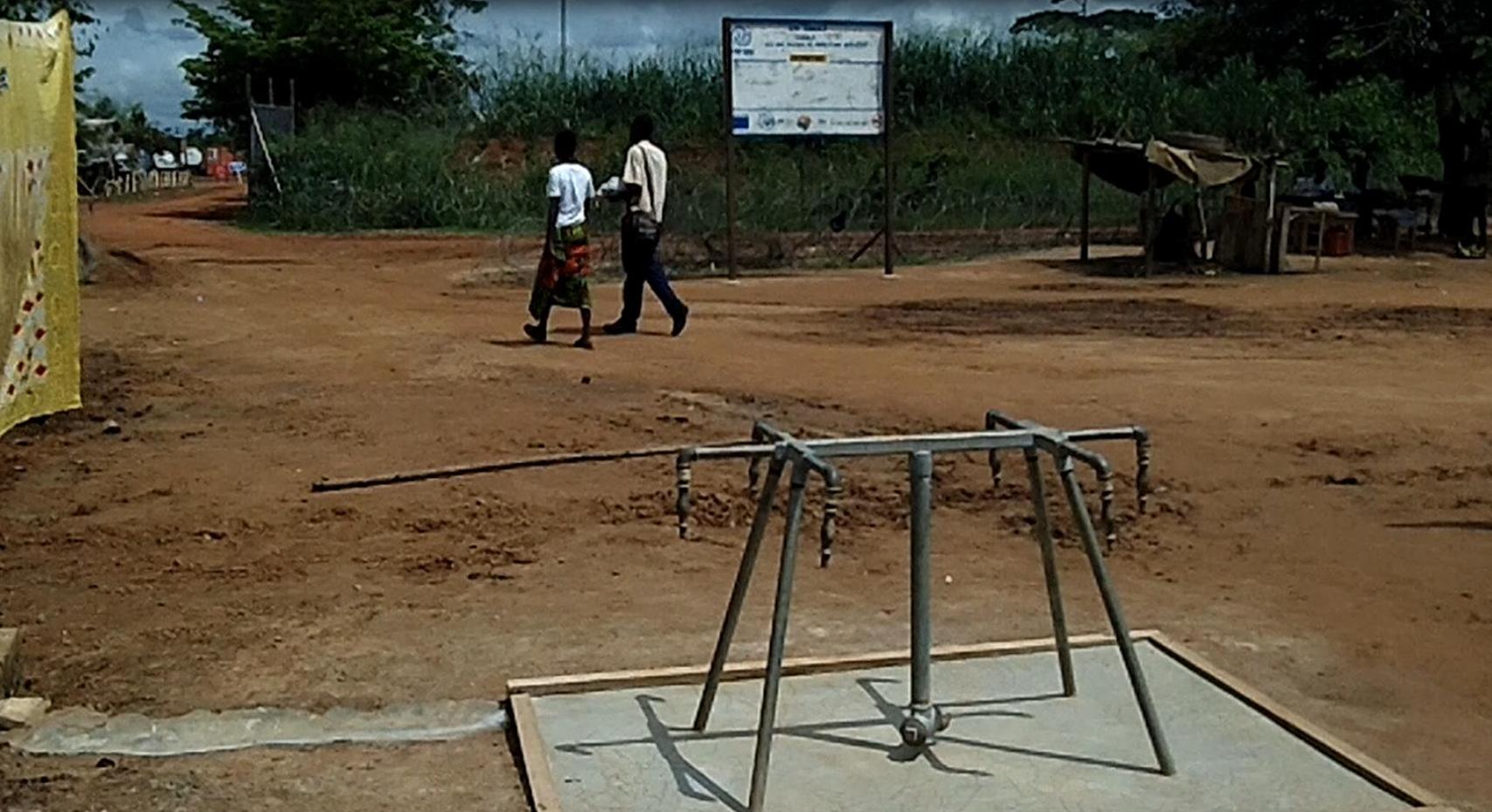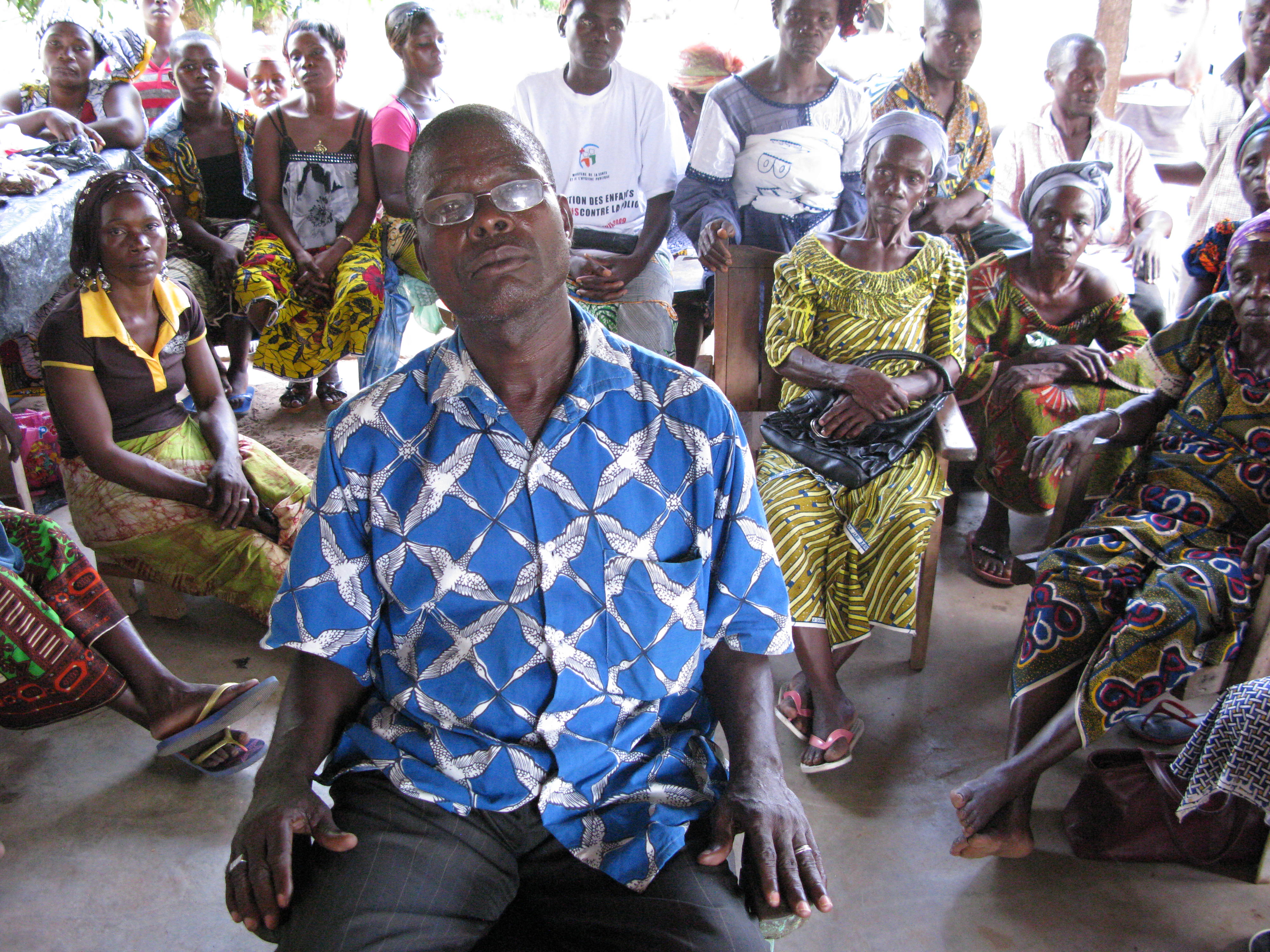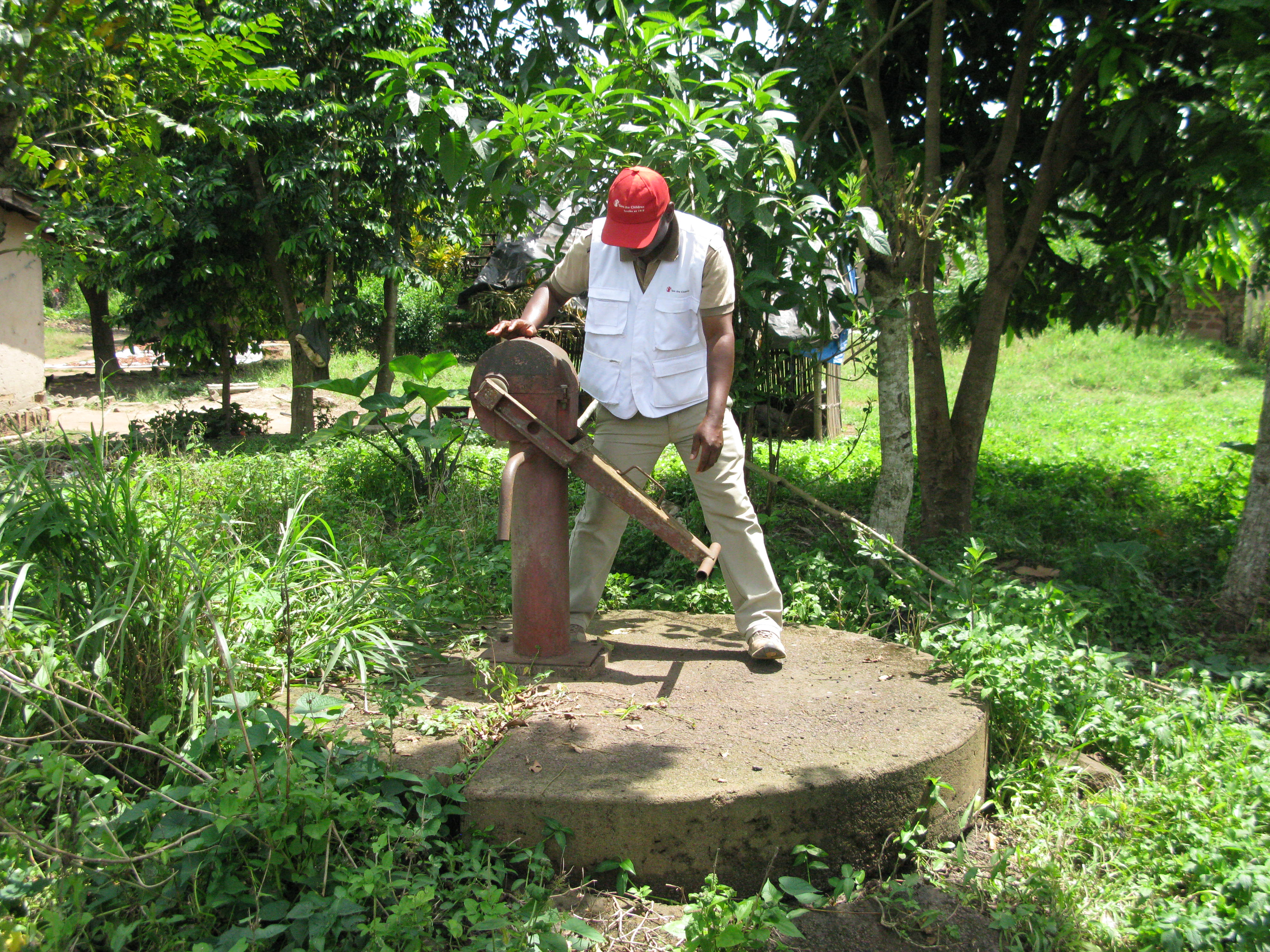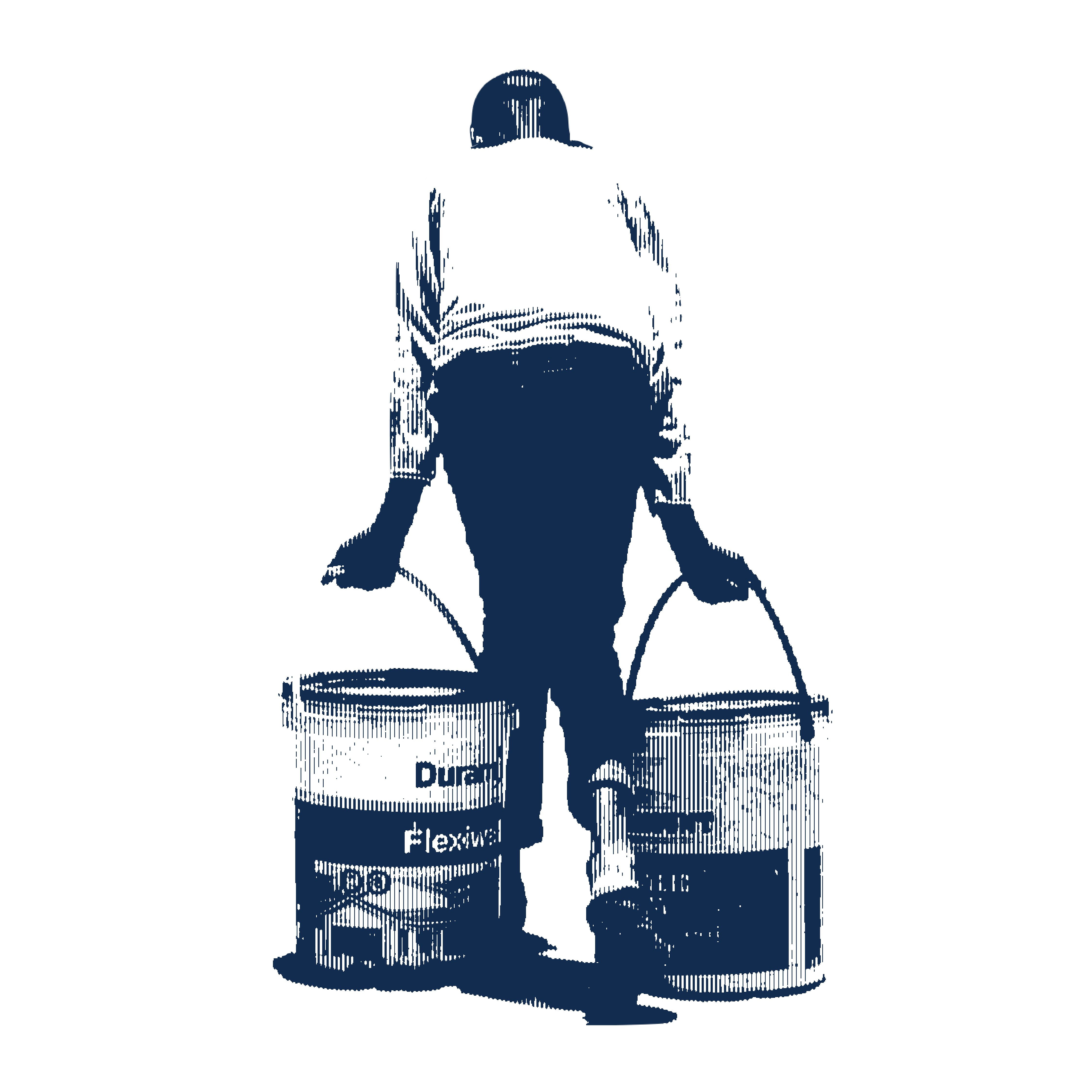Life is slowly returning to normal in Ivory Coast (Côte d'Ivoire) after the months-long political standoff and the recent post-election violence which claimed over 3,000 lives and displaced an estimated 400,000.
The post-election violence hit the whole country, but it has taken the heaviest toll on the western region. The deep ethnic and political divides and the dispute over land ownership between natives, non-natives, neighboring ethnic groups and other West African nationals exacerbated the conflict in that part of the country. More than 200 bodies were found in a single mass grave, and about 300 other bodies were discovered in many other mass graves.
Reconciliation between divided communities and lasting peace are what people yearn for now. But, authorities who promised to reconcile divided communities are not delivering, even months after the launch of the national Truth and Reconciliation Commission, which was modeled after the South African Truth Commission.
But on the ground, it seems that some local populations have found the key to the reconciliation and peace puzzle: water. Water points which were once used as weapons of war (many wells were poisoned to deprive ''enemies'' of this vital resource) are now being used to foster reconciliation and social cohesion. Water management committees in the villages are now formed in such a way as to prevent ethnic division.
In many villages, water management committees are a step ahead of the government and the Truth and Reconciliation Commission in terms of healing communities. But how far will this initiative go without strong support? Journalist Selay Marius Kouassi will try to find that out. He will also examine the use of hand pumps and other water equipment in western Ivory Coast and look at the difficulties local populations are facing in getting access to safe drinking water.
This project is part of a collaborative investigation into water access in West Africa in partnership with journalists from Nigeria, Ghana, Ivory Coast, Liberia and the United States.











